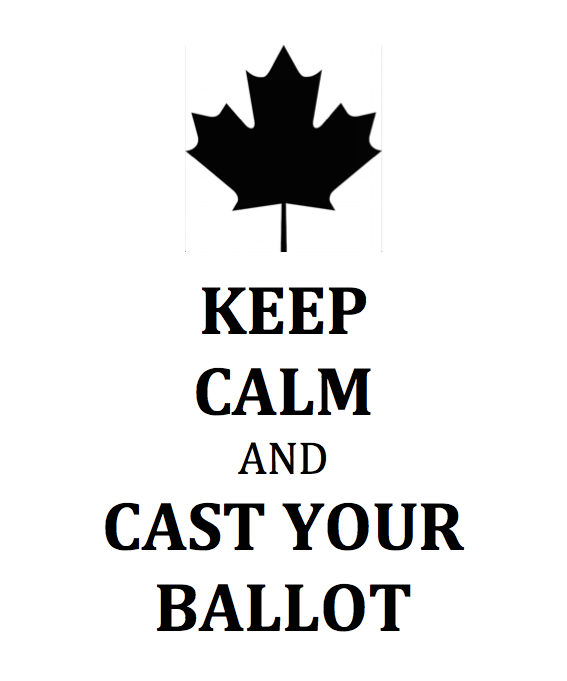Victoria – It will not happen overnight, the mechanics for proportional representation to elect MLA’s, is now in motion.
Under legislation introduced by Premier John Horgan’s NDP government on Wednesday, the referendum would be conducted by mail-in ballot and the proposal would need the support of 50 per cent, plus one, of those who vote.
Attorney General David Eby said the referendum must be held no later than November 30, 2018, and if a new system is approved, the government will introduce legislation to implement it in time for the next provincial election scheduled for 2021.

The Provincial statement:
The Government of British Columbia is taking action to modernize democratic institutions and make government work for people.
Two pieces of legislation were introduced Wednesday, including a bill to allow a referendum on electoral reform before the end of November 2018. The referendum is a prominent component of the Confidence and Supply Agreement with the B.C. Green Party Caucus.
The Electoral Reform Referendum 2018 Act sets out the terms for a provincewide referendum on proportional representation. Government will promote active debate and discussion by providing information about electoral systems to voters through public engagement in the months ahead. All British Columbians will be encouraged to engage in this process, including political parties, organizations and individuals. The legislation allows voters in the referendum to submit their ballot by mail to the chief electoral officer. If the referendum passes, the new system would be enacted before the next provincial election, scheduled for 2021.
Electoral Reform Referendum 2018 Act
The Electoral Reform Referendum Act will enable a provincewide referendum to be held in the fall of 2018 on the subject of whether to change B.C.’s voting system from the first-past-the-post system to a form of proportional representation.
- The act provides for the referendum to be conducted by the chief electoral officer through a mail-in ballot.
- The act sets the threshold for approval at 50%-plus-one vote provincewide.
- If a new voting system is approved, it will require government to introduce legislation to implement the new system in time for a provincial general election to be called after July 1, 2021.
- The Attorney General will act as an independent official and refrain from engaging in debate, and will recuse himself from any cabinet or caucus discussion regarding the referendum.
Eligibility to vote
- The qualifications are the same as for a provincial election.
- Elections BC will mail referendum ballots to all registered voters in the fall of 2018.
- British Columbians who are not registered voters for a provincial election or who have moved since the May 2017 election should update their information by visiting the Elections BC website or contacting Elections BC by phone.
Public engagement
- Public engagement is expected to place significant measures on education through social media and online, as well as a dedicated website where British Columbians can join the discussion and provide their feedback and options.
- The specific details of the engagement process will be announced in the coming weeks in a formal launch.
- All feedback received through the engagement process will be summarized, and advice will be provided to the Attorney General in a formal report.
- This report will include a recommendation of questions to be included on the 2018 referendum ballot and will also help in the creation of regulations.
Referendum
- The referendum will be conducted by the chief electoral officer and will be by mail-in ballot.
- This is the same method that was used for the 2011 HST Referendum and the 2015 Metro Vancouver Transit Plebiscite.
- While the voting period and dates for distribution of the voting package will be determined through regulation, the act requires the close of voting be no later than Nov. 30, 2018.
- The bill is structured so that a ballot with more than one question could be accommodated.
- The threshold for the result to be binding on government is 50%-plus-one of the valid votes cast provincewide.
- If a referendum question has only two possible responses, the response with 50%-plus-one of the valid votes cast will be considered binding.
- If there are more than two possible responses to a referendum question, the regulation will specify how voters may mark their ballot to indicate their preferences. It is expected that this will mean that voters may rank their choices (e.g. 1, 2, 3), instead of selecting just one system. The regulation will then specify how those ballots are to be counted, so that one voting system may receive 50%-plus-one of the votes cast.
- Regardless of the referendum results, any election called before July 1, 2021 would be conducted using the current first-past-the-post system.
Cost
- The cost to conduct the referendum will be determined by the chief electoral officer through the ordinary budgetary process established for independent Officers of the Legislature.
- Projected costs for the engagement process will be provided when the process is announced.
- Costs to implement a proportional representation voting system will vary significantly depending on the system chosen by voters and so cannot be estimated at this time.
Constitution Act
- Amendments to the Constitution Act would include:
- Reduction in the number of seats required for recognized political party status, from four to two.
- Changes the fixed election date to October from May.
- Strengthens the institutional stability of government in the event, for example, of a natural disaster.
- Recognition of political party status provides access to legislative tools that are presently only available to members of the two existing official parties.
- These benefits include guaranteed membership of a party member on the Legislative Assembly Management Committee, additional speaking time in the Legislative Assembly and increased remuneration for two positions within the party.
- Current legislation provides for the Lieutenant-Governor in Council to appoint an acting cabinet minister in the event of an illness or the absence of a cabinet minister from the capital.
- It does not contemplate a catastrophic event, in which ministers may be deceased, missing or otherwise unable to perform their duties.
- The proposed amendment to the legislation broadens the reasons for acting appointments to ensure government’s decision-making can automatically continue in the event of a catastrophe, without any debate around whether the reasons are broad enough to capture all potential situations.
- In the case of an overlap with a federal or local election, a new election date will be chosen by cabinet, in consultation with the chief electoral officer, the leader of the opposition and each leader of a recognized political party.






